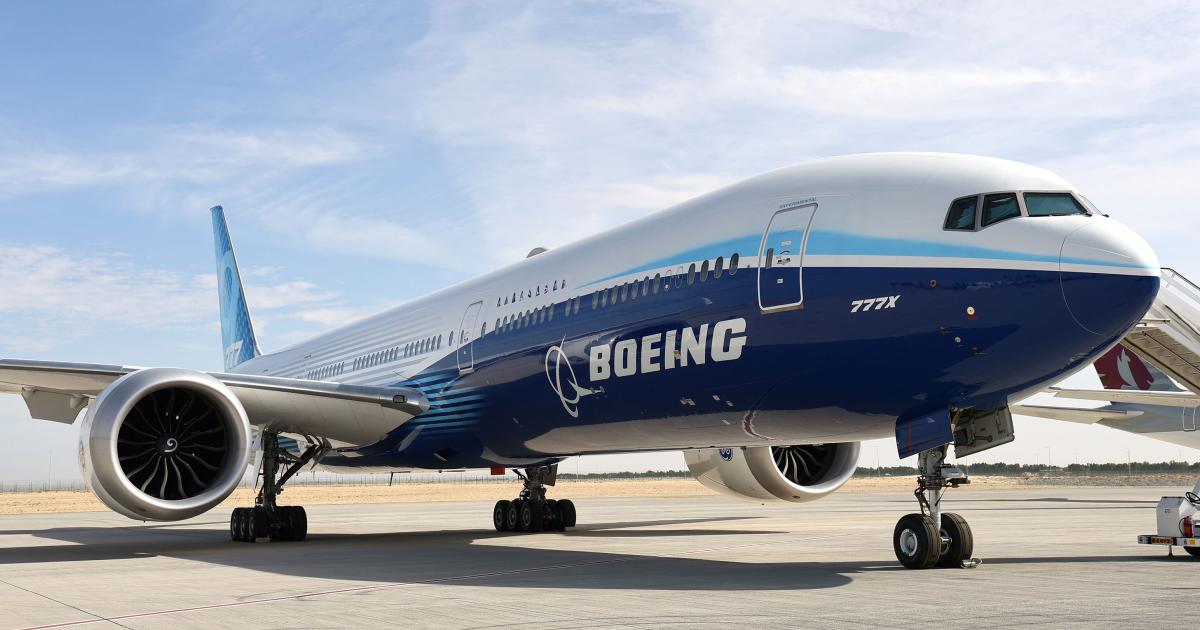Boeing – A Pioneer in Aviation and Aerospace Innovation
Boeing, a leading player in the aerospace industry, is an American multinational corporation that has consistently pushed the boundaries of what is possible in aviation and aerospace technology. With its vast portfolio spanning commercial airplanes, defense systems, space exploration technologies, and more, Boeing remains a significant force in shaping the future of global transportation and defense.
1. Sustainability in Aerospace
Boeing has been a frontrunner in driving sustainability in aviation. The company’s environmental strategy focuses on reducing carbon emissions, increasing fuel efficiency, and developing sustainable aviation fuel (SAF). Their ecoDemonstrator program tests new technologies that improve fuel efficiency and minimize environmental impact. Boeing’s 737 MAX and 787 Dreamliner have been engineered to deliver a 20% reduction in fuel use compared to older aircraft, marking a significant step toward cleaner skies.
Boeing has also partnered with governments, airlines, and fuel suppliers to accelerate the transition to a low-carbon aviation industry. The company’s leadership in developing and adopting SAF will play a key role in reducing global aviation emissions.
2. Innovation and Technology
Innovation lies at the heart of Boeing’s operations. The company has invested heavily in research and development to create groundbreaking technologies. This includes advanced avionics, autonomous flight systems, and the integration of artificial intelligence in both aircraft and defense systems.
Boeing’s cutting-edge developments in space technology are noteworthy. Their contributions to NASA’s Artemis program, which aims to return humans to the moon, demonstrate Boeing’s leadership in the space sector. They are also leading in satellite technology, with projects like the CST-100 Starliner spacecraft, which enhances commercial space travel capabilities.
3. Commercial vs Defense Sectors
Boeing’s commercial aircraft sector, which includes the 737 MAX, 777X, and 787 Dreamliner, dominates the global market alongside its main competitor, Airbus. Boeing’s innovative designs offer improved performance, range, and passenger comfort, making them popular among airlines worldwide.
In contrast, Boeing’s defense and space sector provides military aircraft, satellites, and other defense solutions. Their fighter jets, including the F-15 and F/A-18, are integral to the military capabilities of the U.S. and its allies. Boeing’s defense division also supplies systems for missile defense and satellite-based surveillance.
4. Global Impact and Partnerships
Boeing’s partnerships are extensive, spanning across airlines, space agencies, and governments globally. With over 160 countries in their client list, Boeing’s influence on global air travel is unparalleled. These partnerships have allowed Boeing to foster international collaboration in aviation, defense, and space exploration, making the world more connected and secure.
The company is also heavily involved in regional projects, such as providing infrastructure support for aviation in emerging markets. Boeing’s partnership with SpaceX and NASA in their space exploration efforts underscores its global reach.
5. Challenges and Future Outlook
In recent years, Boeing has faced significant challenges, including the grounding of the 737 MAX following two fatal crashes. However, the company has worked diligently to address these issues by enhancing safety measures and rebuilding trust with customers and regulators. The company’s resilience and dedication to transparency have allowed it to regain confidence in its aircraft.
Looking ahead, Boeing is focused on continuing its leadership in aerospace innovation, with plans to explore next-gen aircraft design, autonomous flight, and further investments in space technology. Boeing’s strong focus on sustainability and clean energy aligns with the industry’s future goals, setting the stage for continued growth and global influence.











Leave a Reply